How to ensure the power transmission stability of Indoor Power Cords?
2024-05-31In modern homes and commercial environments, the stability of power transmission is critical to the normal operation of ...
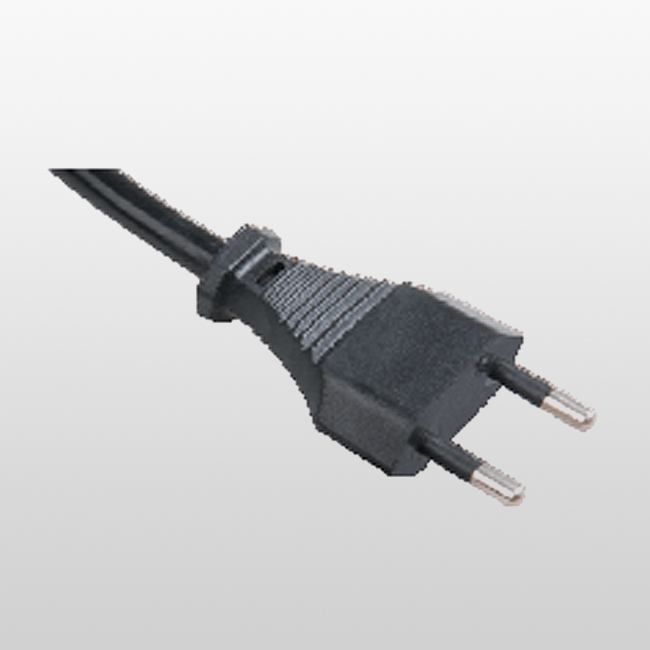


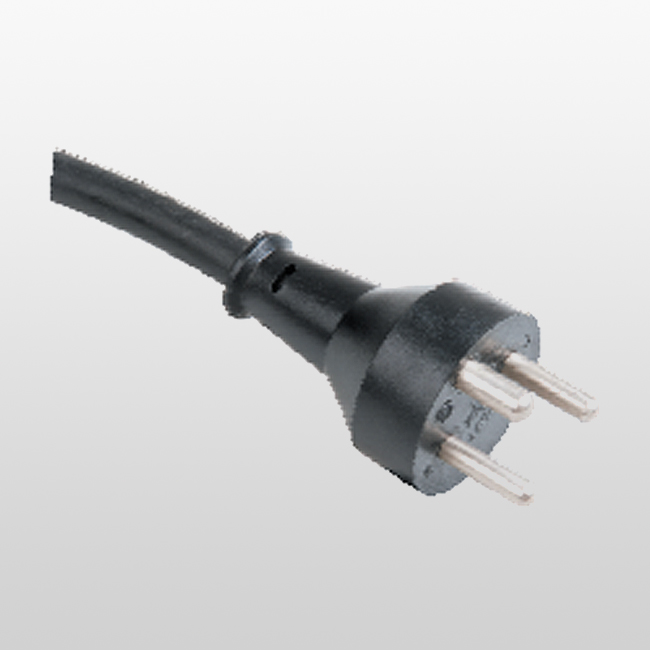


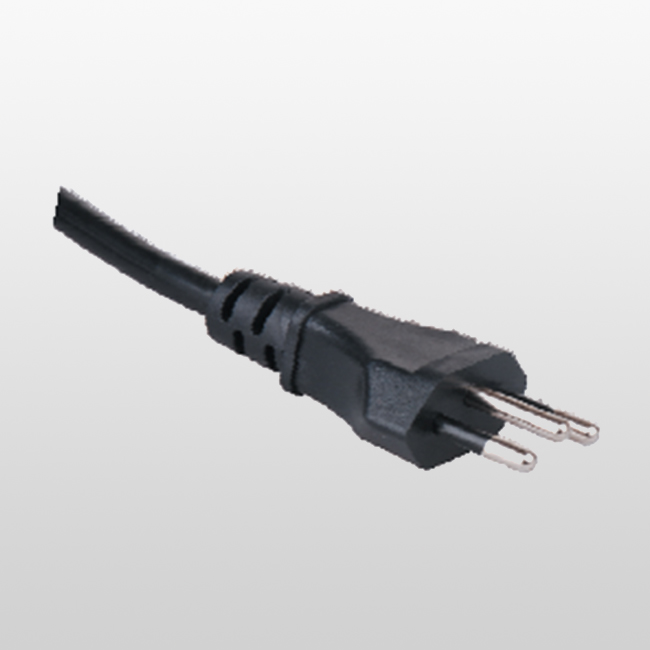

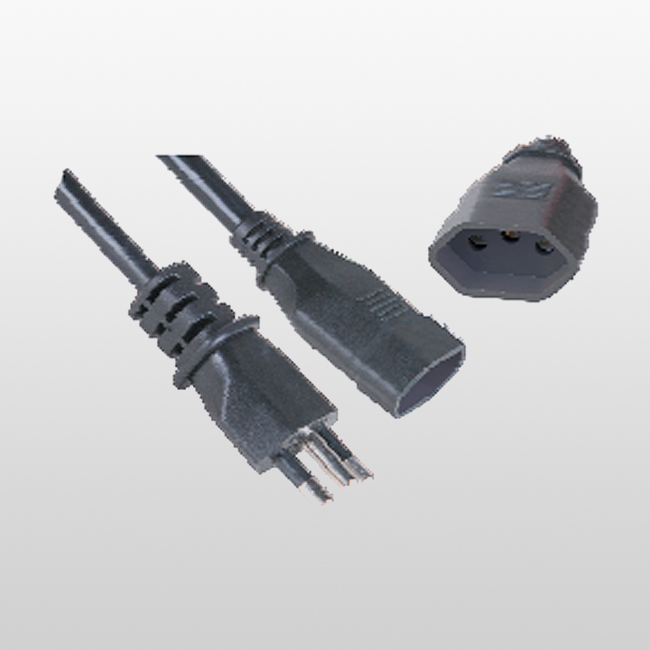
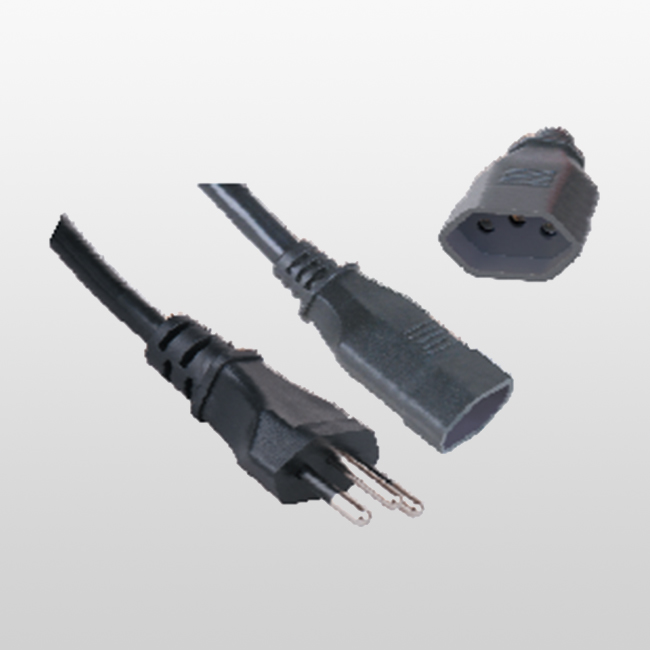
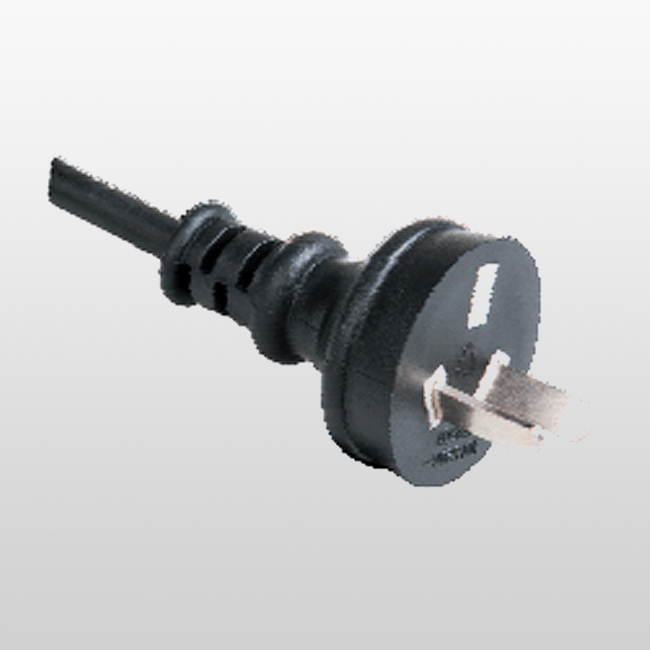
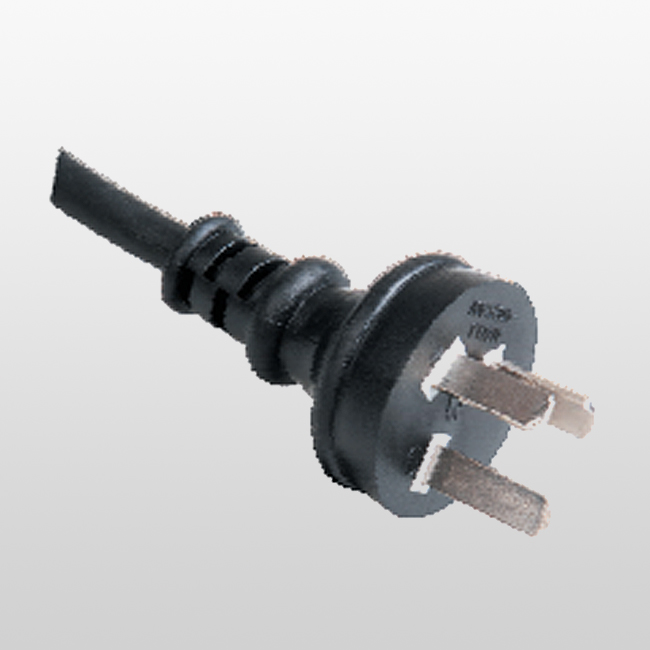
Provide you with the later enterprise and industry news.
 View More
View More
As China Wholesale Power cord for north America Suppliers, Yuyao Hengyue Electric Co., Ltd. is a large-scale enterprise specializing in the manufacture of conversion sockets, plugs and power cords all over the world.